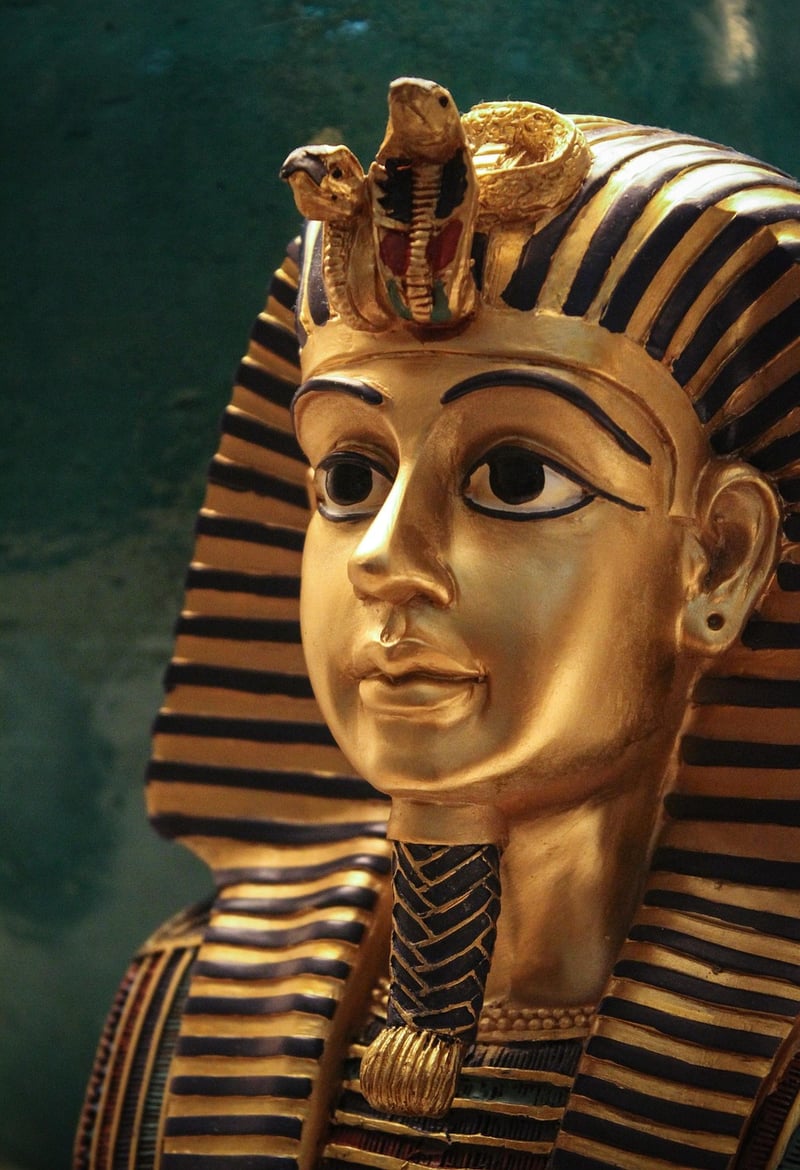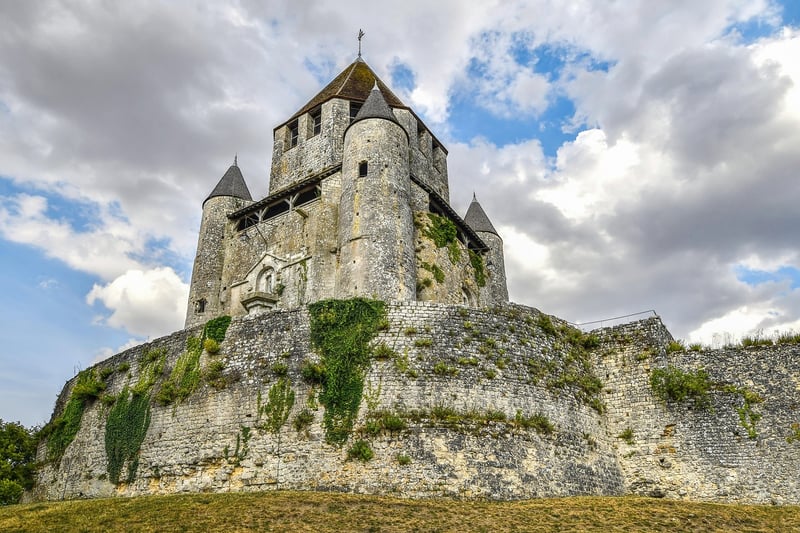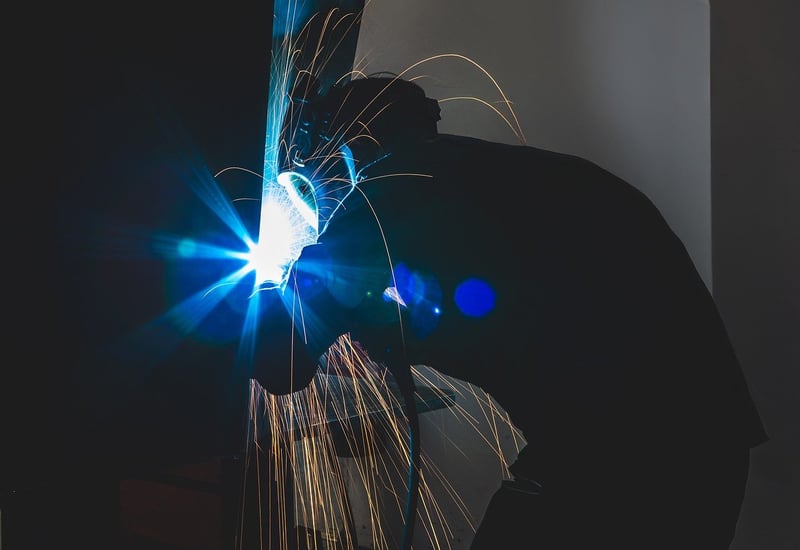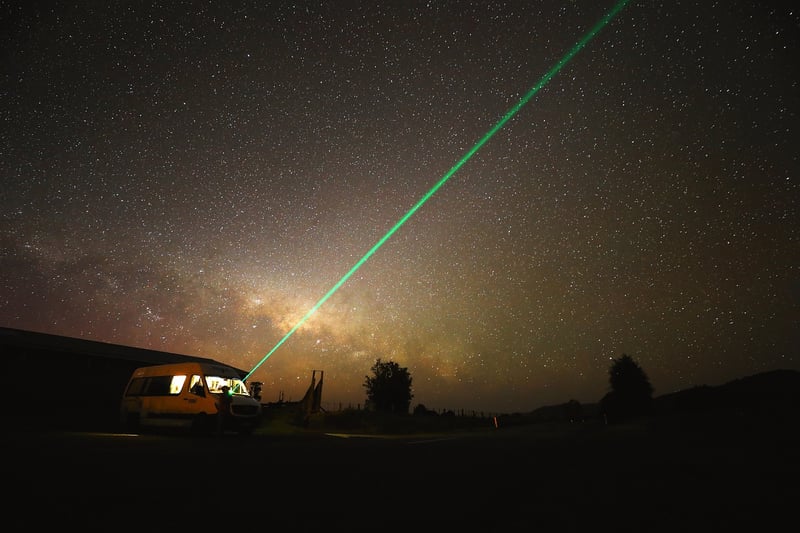Future Exploration
Exploring Different Eras and Future Exploration
Introduction
Exploring different eras allows us to understand the past and appreciate the progress made over time. Additionally, looking towards future exploration opens up a world of possibilities and advancements waiting to be discovered.
Ancient Era
The ancient era, spanning from the emergence of human civilizations to the fall of the Roman Empire, is a fascinating period filled with significant cultural, architectural, and technological developments. From the pyramids of Egypt to the innovations of ancient Greece, this era laid the foundation for future societies.

Medieval Era
The medieval era, characterized by feudalism, knights, and castles, saw advancements in art, literature, and warfare. The architectural marvels of Gothic cathedrals and the tales of chivalry continue to captivate our imaginations today.

Industrial Era
The industrial era brought about the age of machines, factories, and urbanization. The inventions of the steam engine, telegraph, and assembly line revolutionized the way we live and work, leading to significant economic and social changes.

Modern Era
The modern era, marked by globalization, technology, and scientific advancements, has transformed the world into a connected global village. Innovations in communication, transportation, and medicine have reshaped our daily lives and opened up new frontiers.

Future Exploration
Looking ahead, future exploration holds the promise of space travel, artificial intelligence, sustainable energy, and much more. From colonizing Mars to harnessing the power of quantum computing, the possibilities for the future are limitless.

Conclusion
By exploring different eras, we gain insights into our past achievements and challenges, while future exploration fuels our curiosity and drives innovation. Embracing both the lessons of history and the possibilities of tomorrow, we can continue to push the boundaries of human knowledge and progress.
